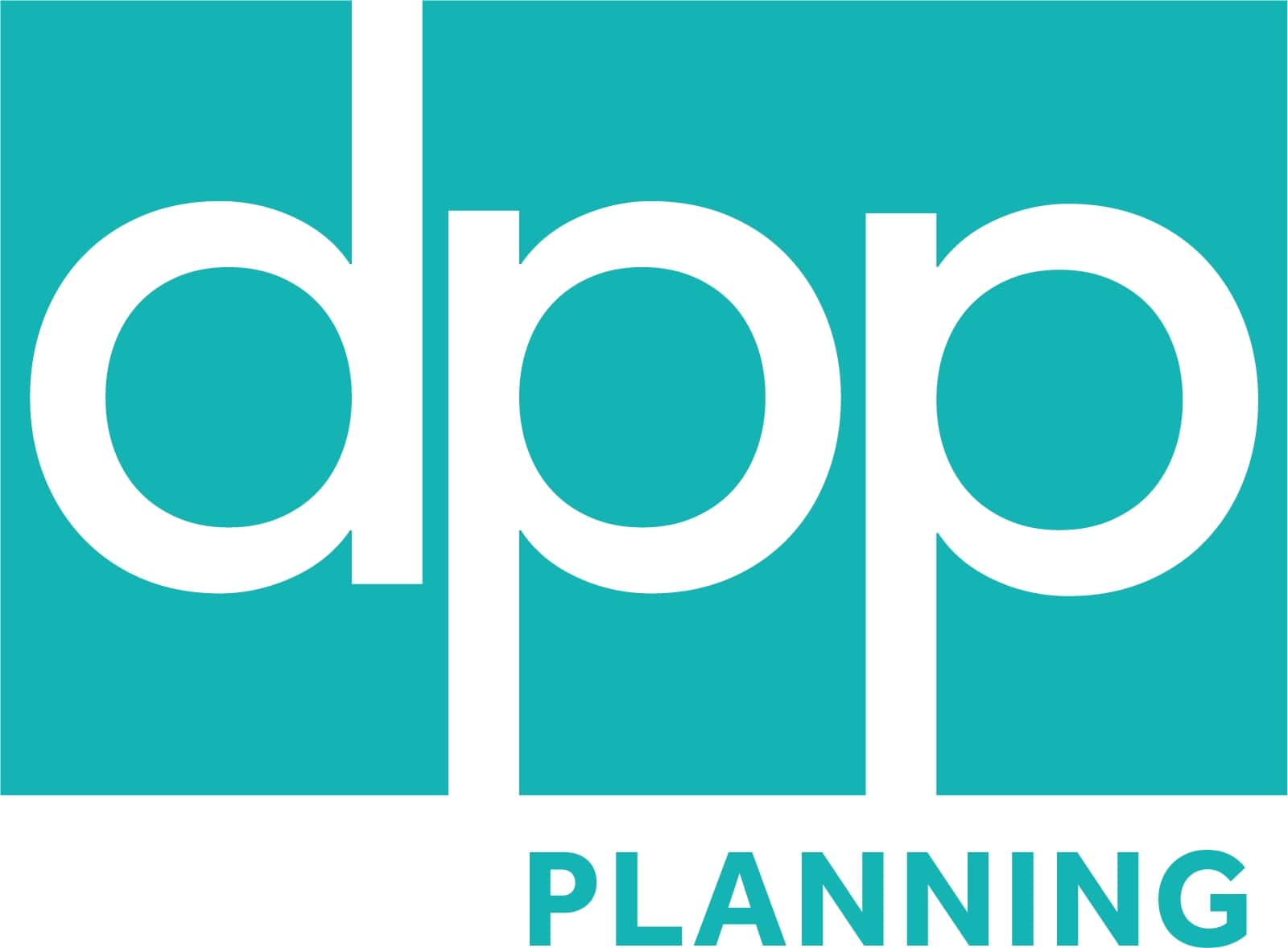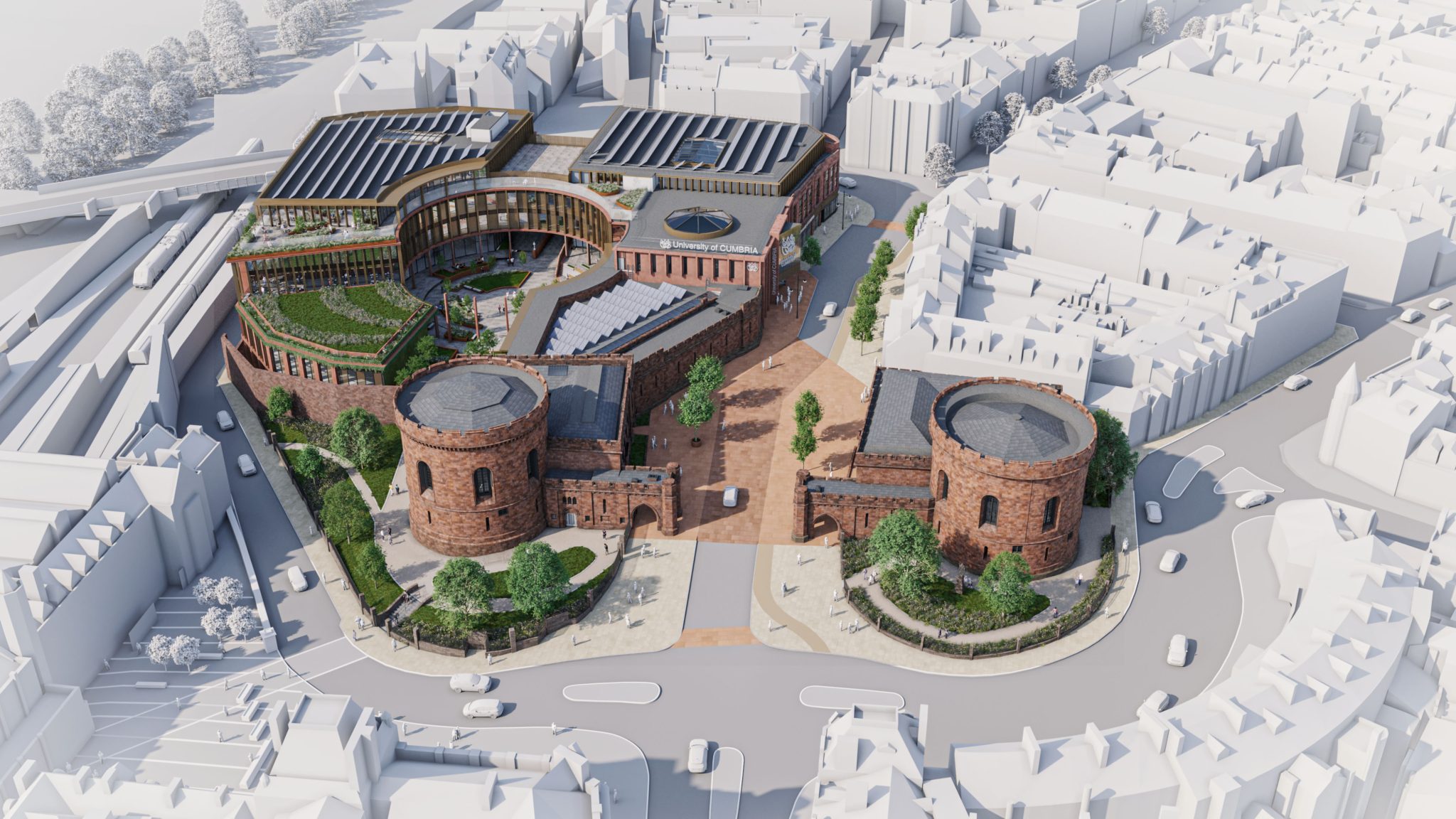DPP is predicting a potential acceleration of brownfield regeneration schemes that will cut millions from development costs as a result of a change to Landfill Tax in England within the Spring Budget.
Although not announced during the Chancellor’s speech, within the Budget ‘Red Book’ the government announced it will develop a grant scheme to fund costs of Landfill Tax to public bodies in England, for developments where the cost of the tax is a barrier to the remediation and redevelopment of contaminated land.
This move is aimed at encouraging local authorities to unlock the potential of sites in their areas, which will also attract joint venture partnerships with private sector developers and investors.
Landfill Tax was introduced in 1996 to encourage waste producers and the waste management industry to switch to more sustainable alternatives for disposing of materials.
Currently, as a result of a Retail Price Index increase set in the 2021 Budget, the tax is £98.60 per tonne at the standard rate and £3.15 per tonne for less polluting materials.
Gareth Hooper, CEO said:
While this wasn’t a headline Budget announcement, it is one that will be of major significance across English regions.
Sites that, for example, were used for heavy industry and contain old factory buildings that require removal and disposal will be able to be remediated without the huge Landfill Tax costs they would have been associated with in the past.
This will make more sites much more attractive and financially viable, not just for local authorities that own the land, but also private developers that can enter into joint ventures that will stimulate investment, particularly in the regions that fall under the government’s levelling up agenda.
This is a move that will save development projects, particularly large scale schemes, many millions of pounds and bring some important site back into practical and economically beneficial use.




